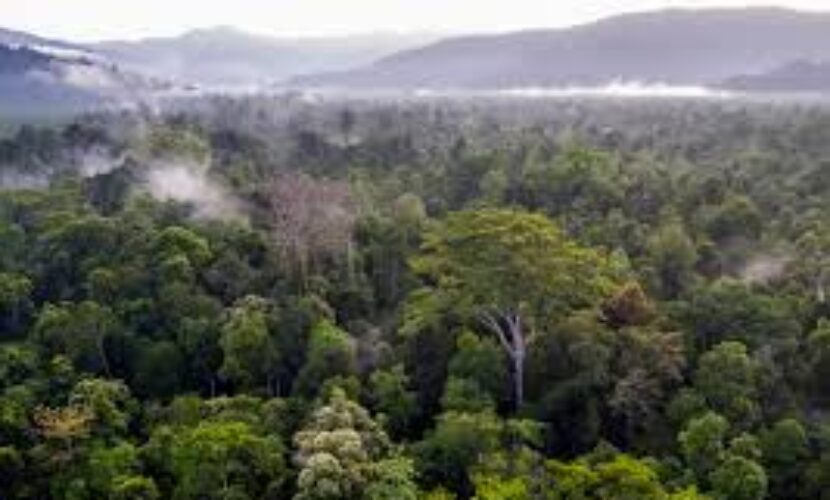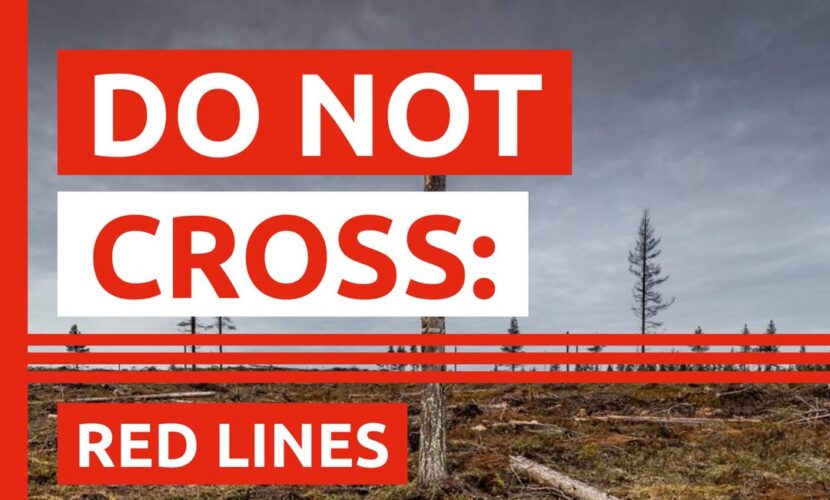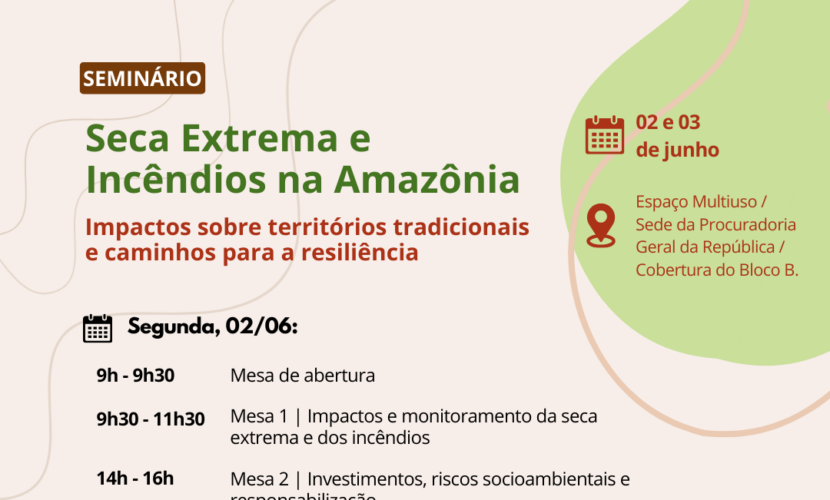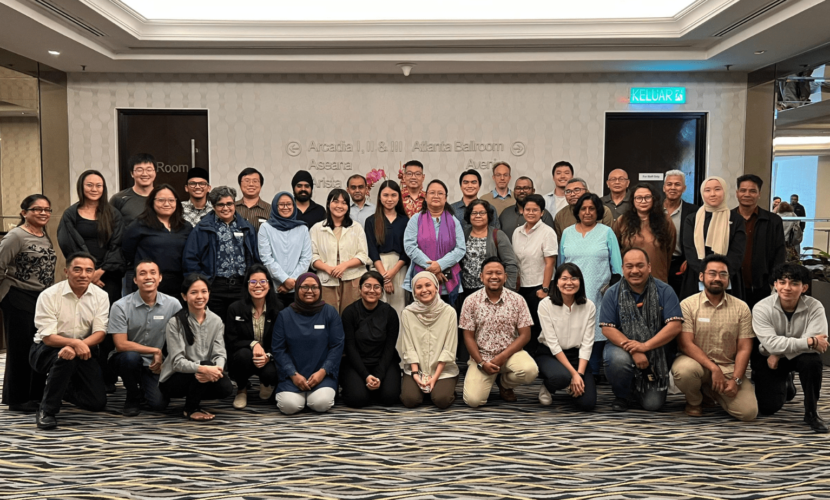最新記事&分析
APRIL’s Links with Supplier in Borneo Undercut “No Deforestation” Pledge

KPMG “assurance” reports called into question by new findings
Jakarta, Indonesia: Today a coalition of civil society organizations published a report about deforestation and peatlands degradation on the rainforest-rich island of Borneo in Southeast Asia. Based on analysis using satellite imagery, the report documents significant deforestation, including clearance of forests on peatlands, in the concession area of PT Adindo Hutani Lestari (Adindo), one of global pulp and paper producer APRIL Group’s largest suppliers of wood to its pulp mill in Indonesia.
The report’s findings represent significant violations of both the APRIL Group’s and its corporate parent the Royal Golden Eagle (RGE) Group’s commitments to stop new development on forested peatlands – and more broadly, they challenge the integrity of the groups’ “no deforestation” pledge made in June 2015, according to the civil society groups publishing the report that includes the international campaign organizations Greenpeace and Rainforest Action Network.
The report’s findings impact the sustainability commitments of downstream users of APRIL’s pulp, including its sister company Sateri, a leading producer of viscose staple fiber (VSF). It is believed that Sateri’s customers, and, indirectly, APRIL’s, include many of the world’s largest fashion brands, “big box” clothing stores, and online retailers. Changing Markets has identified the companies disclosing supply relationships with Sateri’s VSF mills in 2019 to include Tesco, H&M, Marks and Spencer, and Espirit – even as many brands do not share their supply sources.
APRIL has sought to assure stakeholders that it is complying with its Sustainable Forest Management Policy 2.0 by commissioning KPMG Performance Registrar Inc. to produce “limited assurance reports” since 2016. Yet neither the latest KPMG “assurance report”, published in July 2019, nor any of the previous ones, indicated that extensive deforestation has occurred within the Adindo concession area, much of it on forested peatlands.
The coalition report also found that APRIL’s description of Adindo as an “Open Market Supplier” is difficult to reconcile with the multiple layers of linkages to companies and individuals associated with APRIL and the RGE Group. Adindo’s complex corporate structure – with links to a web of offshore holding companies, many of which are domiciled in low-tax jurisdictions – has the effect of obscuring who ultimately is responsible for the company.
For further media information please contact:
Syahrul Fitra, Director of Communications, Auriga Nusantara
+62 811-6611-340 (WA), syahrul@auriga.or.id
Editor Notes
- APRIL and its parent conglomerate, Royal Golden Eagle (RGE), adopted “zero-deforestation” commitments in June 2015. APRIL’s policy states, “Effective immediately, APRIL and its suppliers will only develop areas that are not forested, as identified through independent peer-reviewed High Conservation Value (HCV) and High Carbon Stock (HCS) assessments [. . . and] APRIL will not acquire any new land, or forestry licenses; or receive wood from land licensed to third parties, where after 3 June 2015 the seller has knowingly cleared HCV or HCS forests or forested peatlands.”
- From the time when APRIL adopted its SFMP 2.0 commitment in 2015, Adindo has ranked among the five largest suppliers of pulpwood in terms of the volume of wood delivered to APRIL’s pulp mill operating company PT Riau Andalan Pulp & Paper (RAPP).
- Analysis of satellite imagery detected 7,291 ha of forest loss inside the Adindo concession area after APRIL’s SFMP 2.0 commitment went into effect on June 3, 2015. This deforestation was detected using land-cover classification maps published by Indonesia’s Ministry of Environment and Forestry and global tree cover loss data published by the University of Maryland based on Landsat imagery from NASA satellites.
- More than half of the forest loss detected on Adindo’s concession since June 3, 2015 – covering 3,790 ha of the total deforestation of 7,291 ha – is on carbon-rich peatlands, according to the Ministry of Environment and Forestry’s national peatlands map released in 2017. The degradation of peatlands is a leading cause of land and forest fires and the resulting haze episodes such as in 2015 and 2019.
- Indeed, over half of the deforestation was detected on High Conservation Value (HCV) areas as identified in a 2014 assessment by Tropenbos International’s Indonesia Program. Almost all of the deforestation in HCV areas occurred on land classified as “main planted crop with water management”, apparently referring to peatland areas which have been determined to have High Conservation Value and that have been designated by the concession-holder for development of pulpwood plantations.
- In 2018 and 2019 Koalisi Anti Mafia Hutan published reports about deforestation in the concession of another of APRIL wood suppliers, PT Fajar Surya Swadaya. The case was referred in a complaint to the Forest Stewardship Council, which deemed it credible and announced its own investigation to verify the deforestation. As APRIL’s competitor Asia Pulp & Paper cut PT Fajar Surya Swadaya as a supplier to its mill in Sumatra, APRIL continued purchasing wood in 2018 and 2019.
- The Forest Stewardship Council (FSC) has initiated a “baseline assessment” for APRIL as “part of the prerequisites for entering the ending disassociation roadmap drafting phase.” Apparently, Adindo is not part of the FSC assessment’s scope of study, despite being a major wood supplier to APRIL’s mill in Kerinci, Riau. “Other prerequisites”, according to the FSC, “include a disclosure of corporate structure, a readiness assessment, and acknowledgement of harm.”
- The report does not allege that any companies or individuals named in it have violated the law in Indonesia or other jurisdictions.







